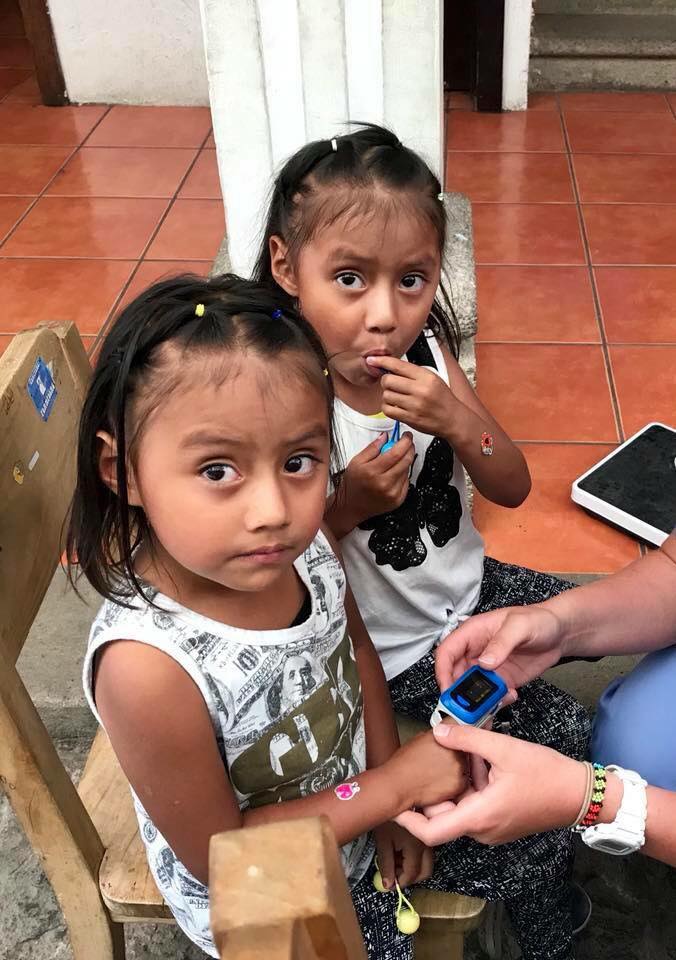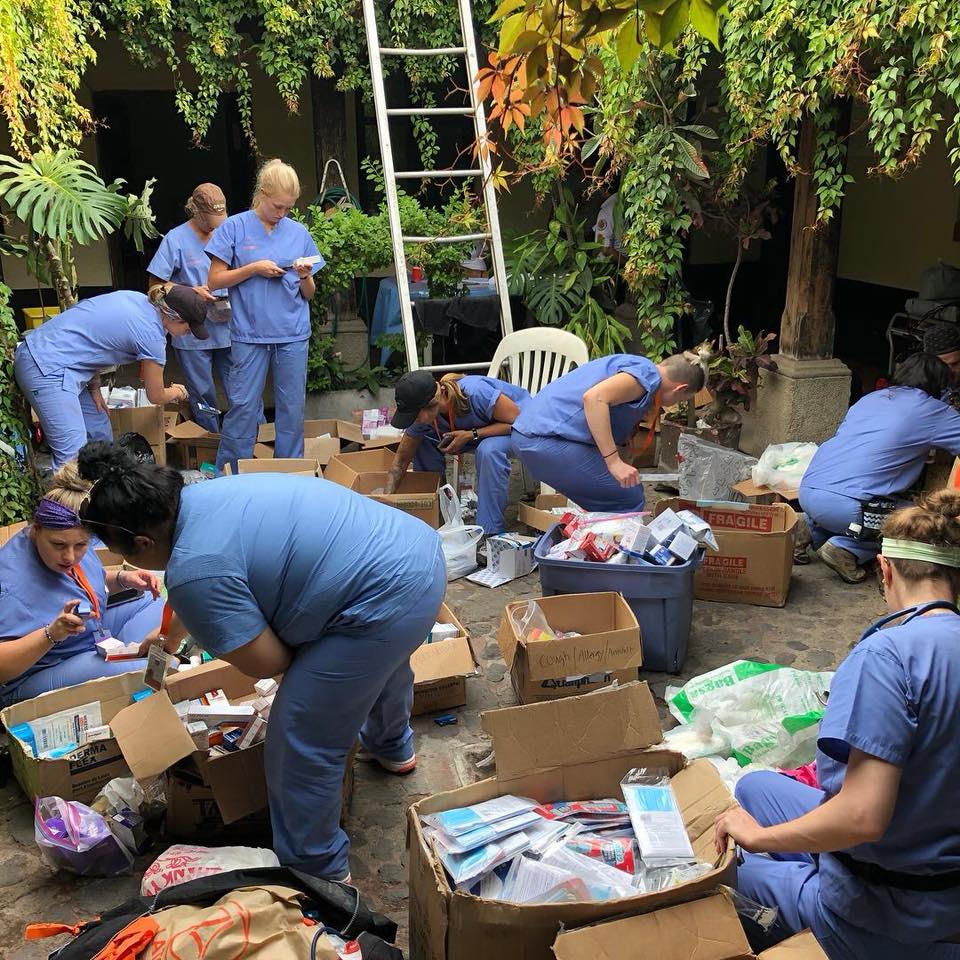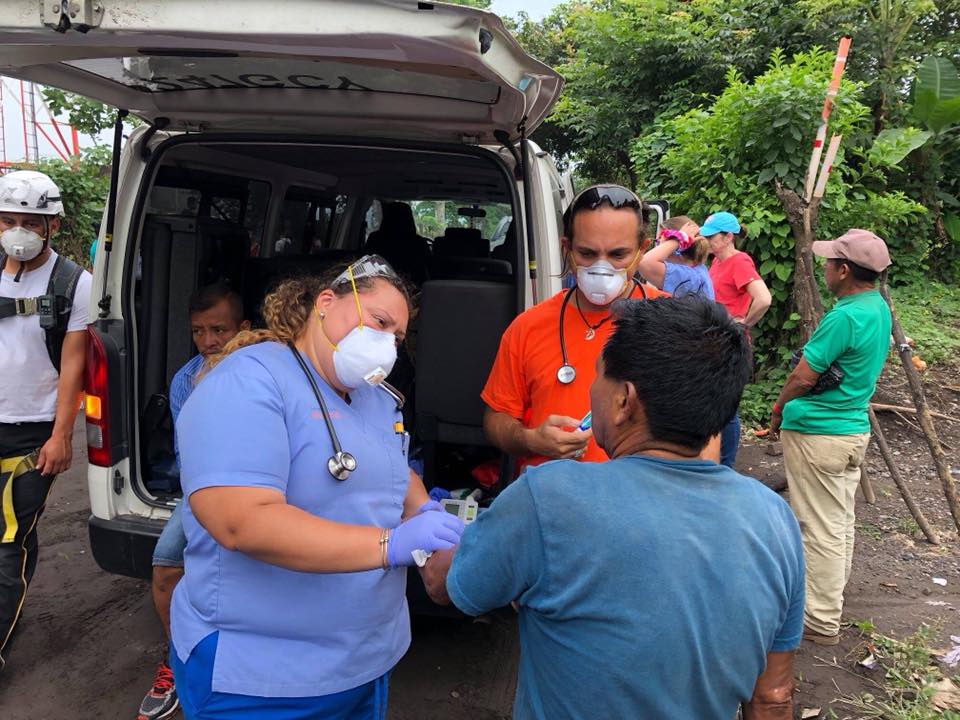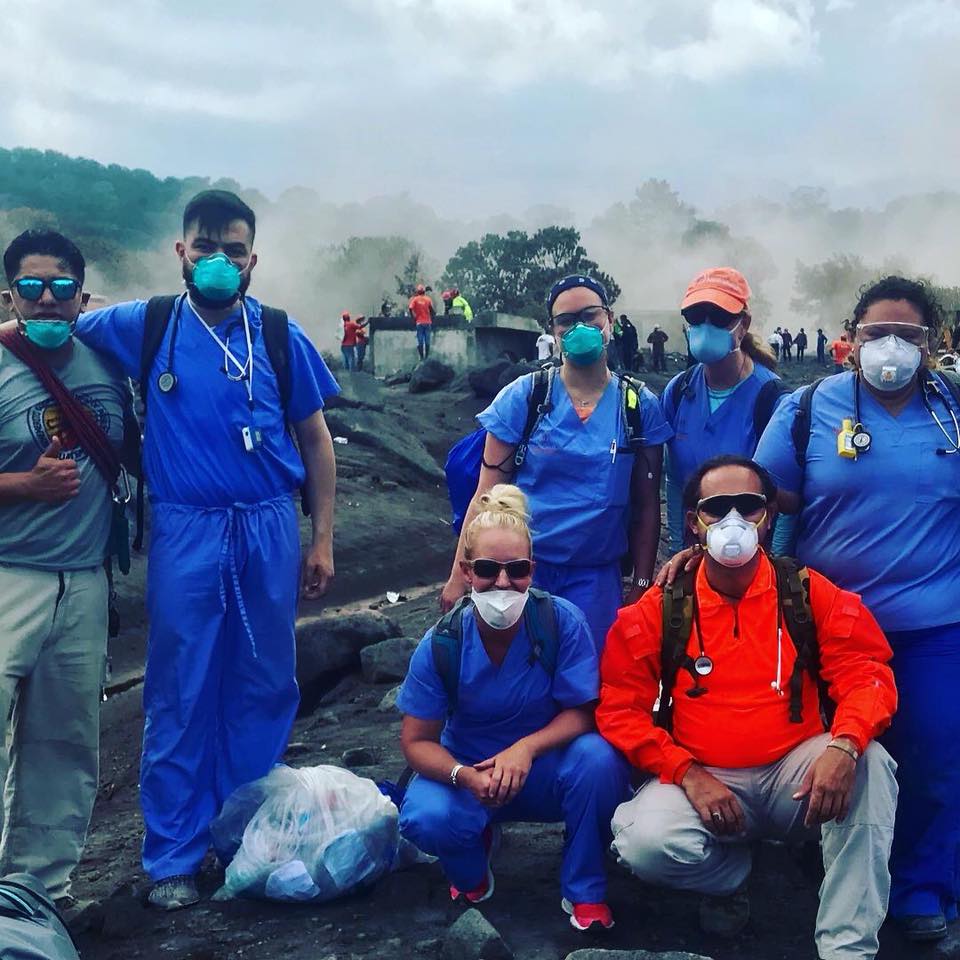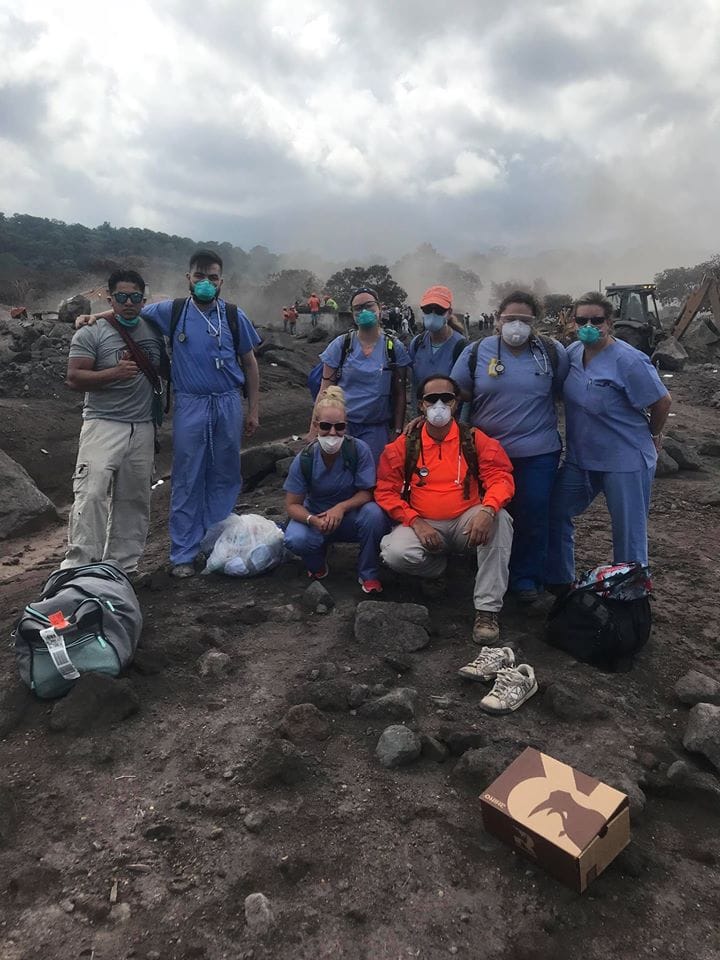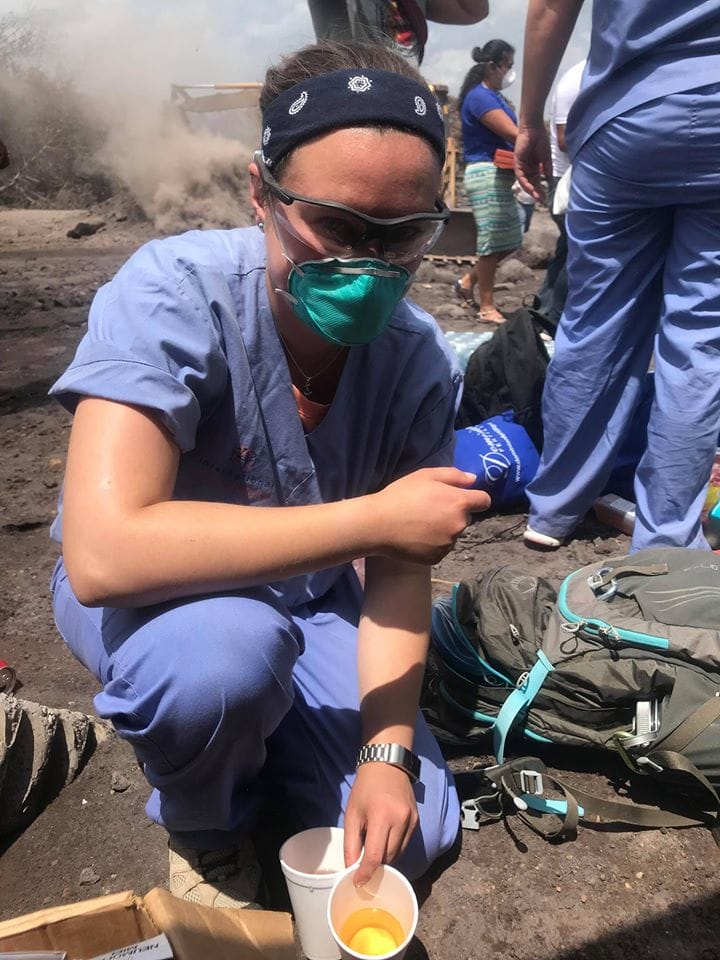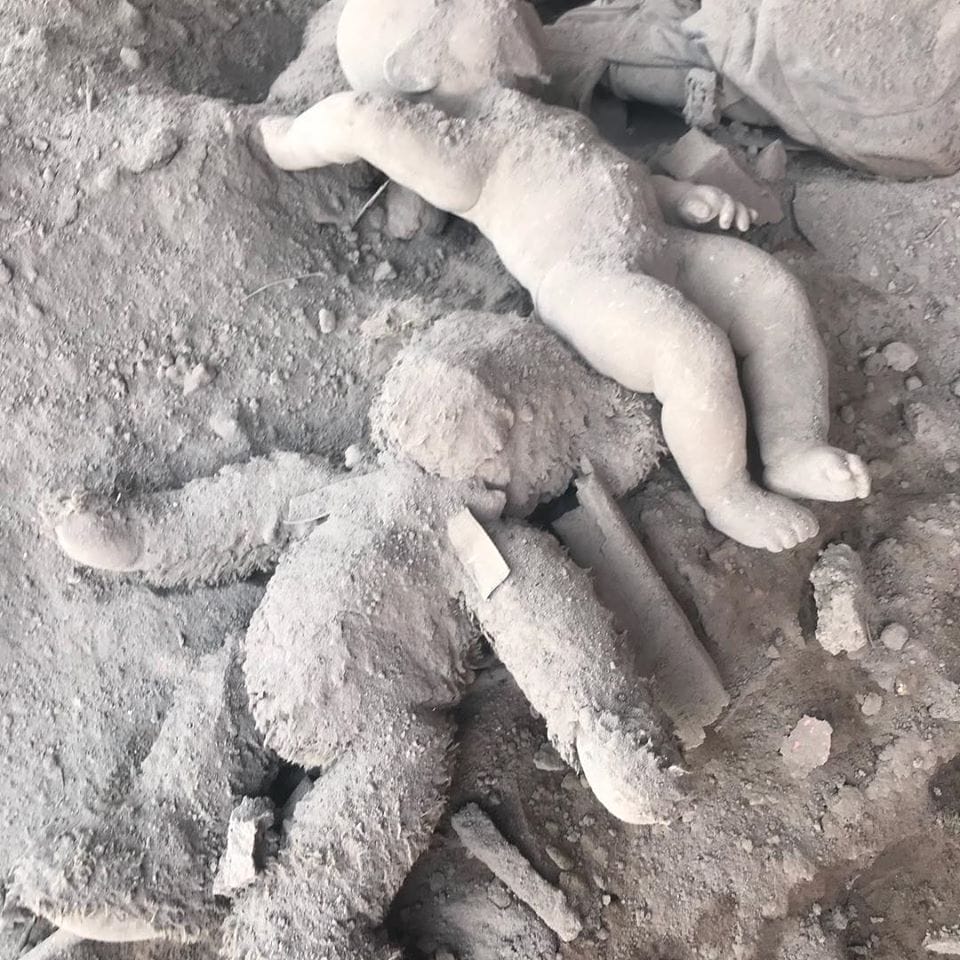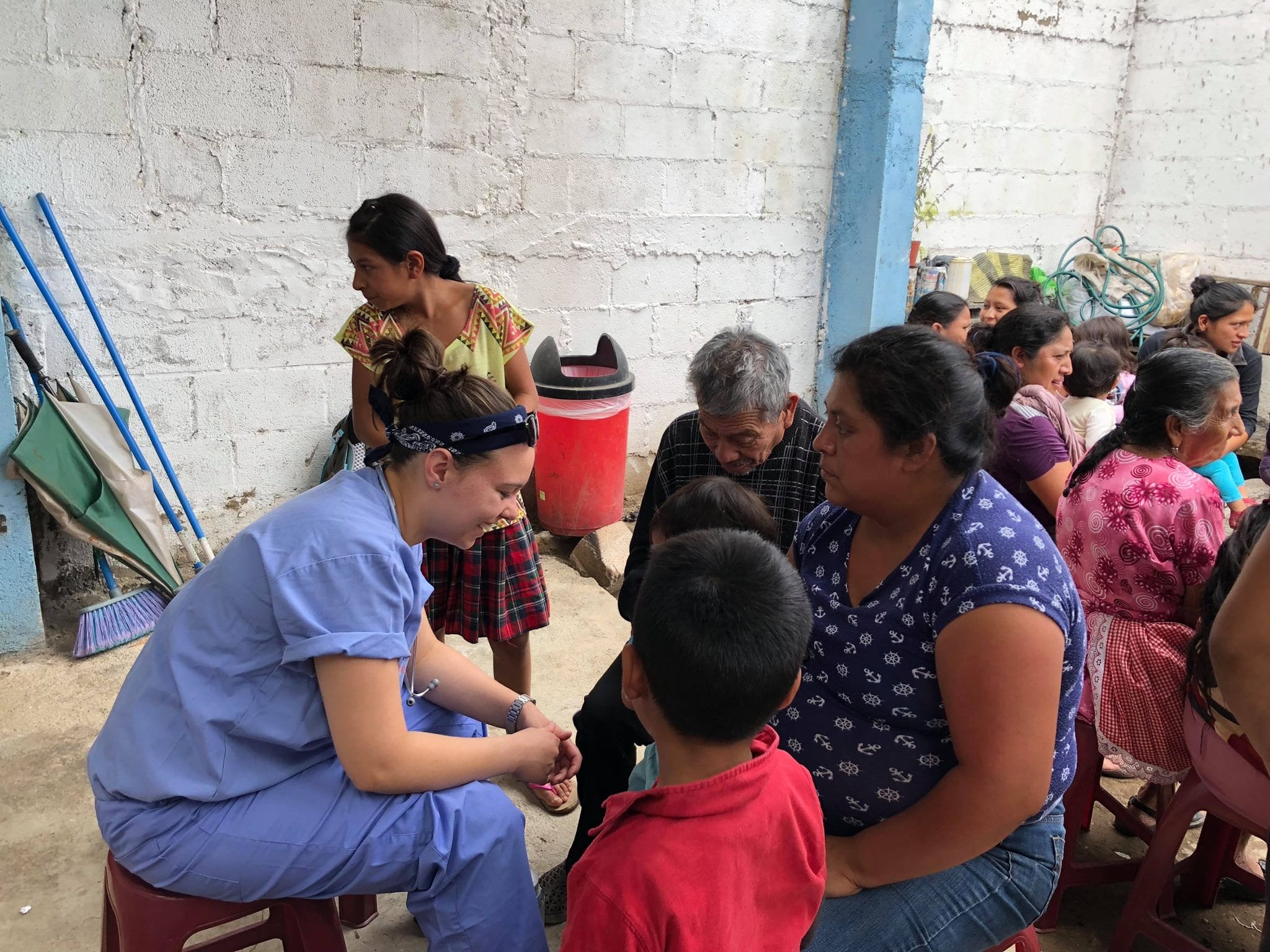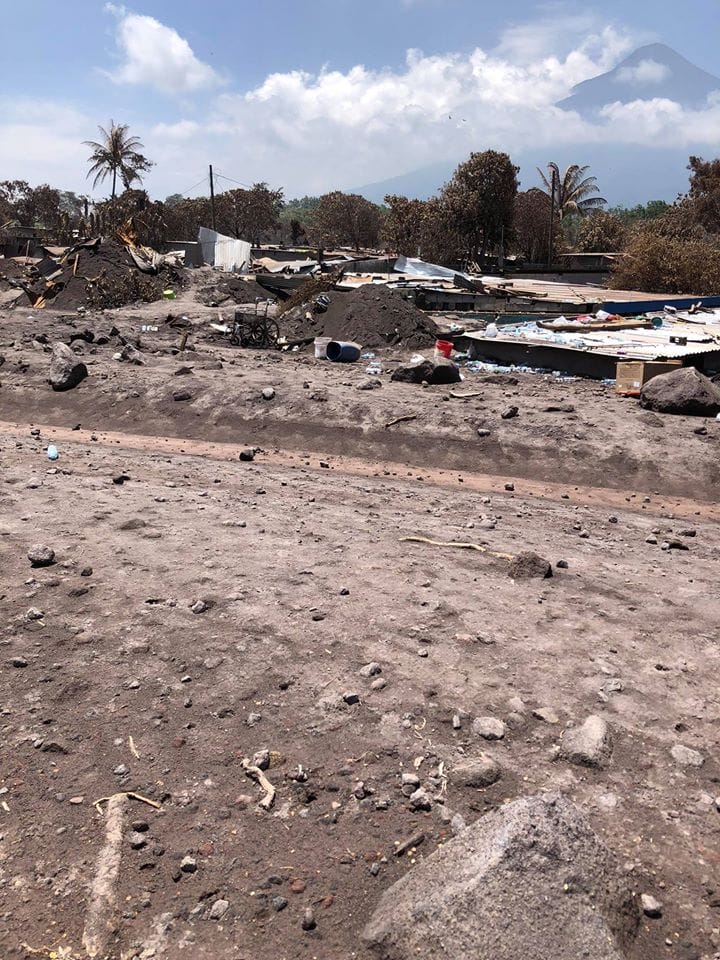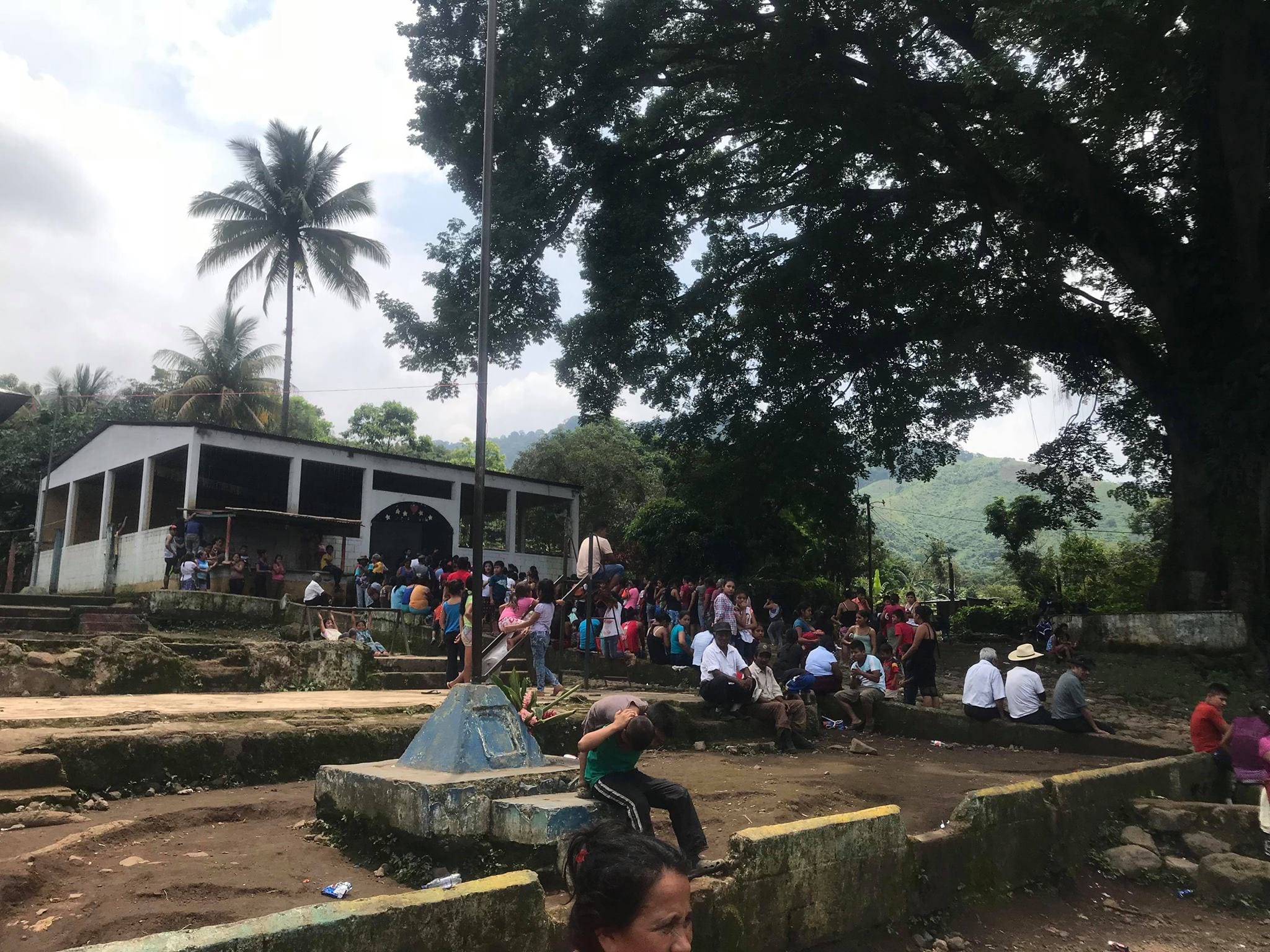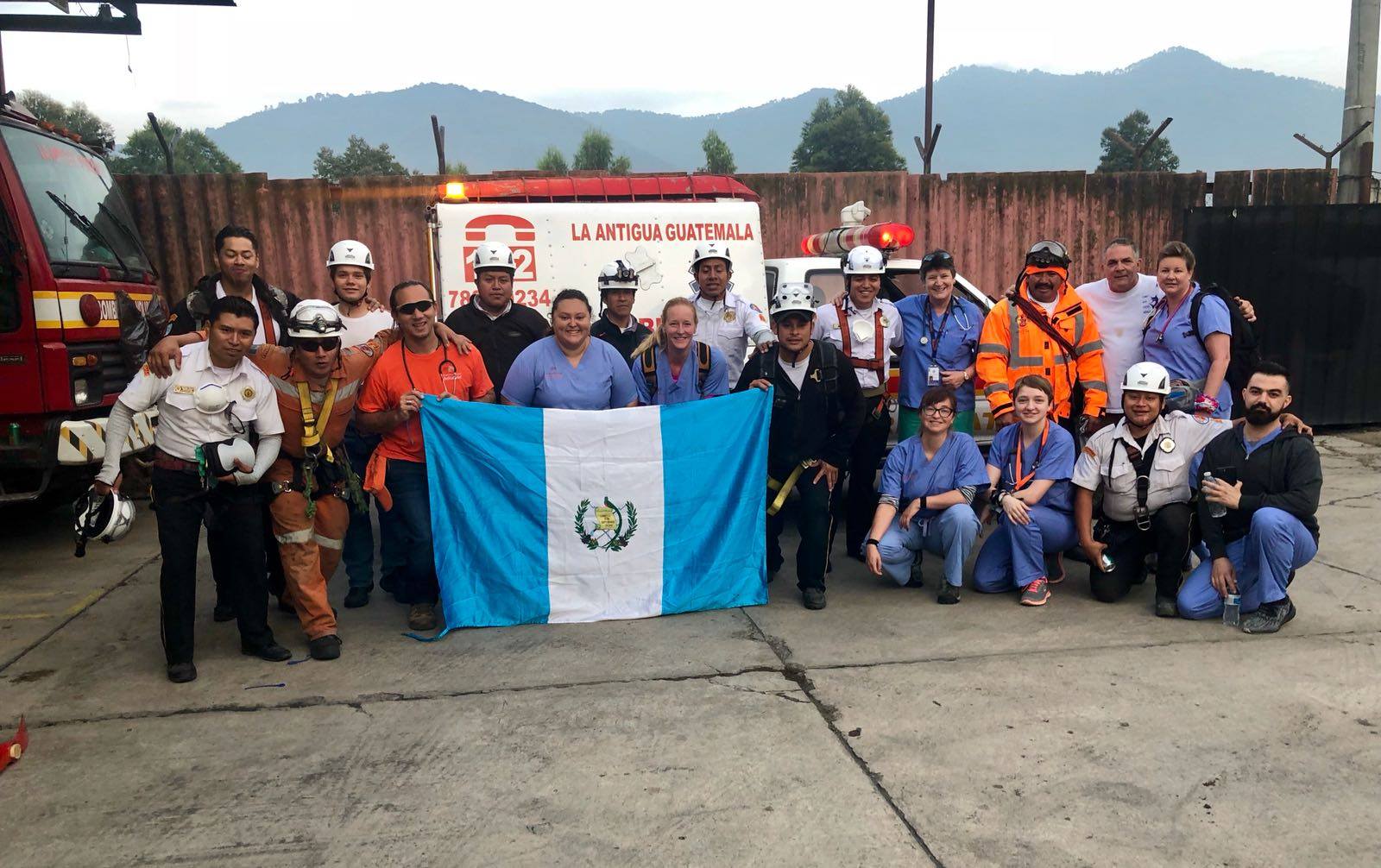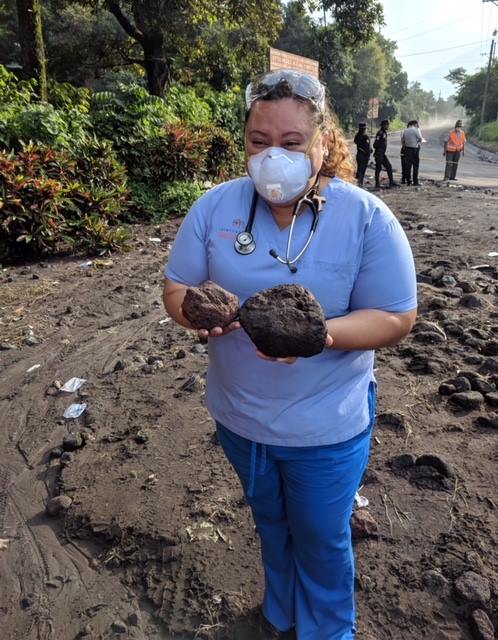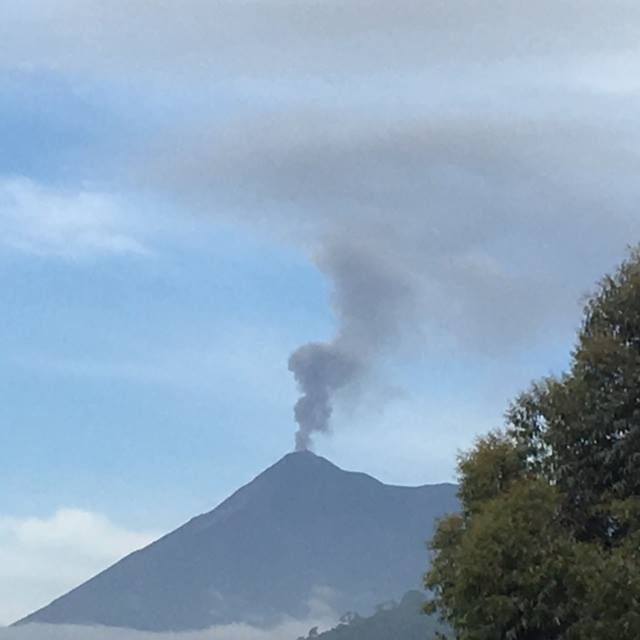Guatemala – Volcano Eruption Fuego June 2018 Disaster Relief

Volcán de Fuego, which is Spanish for “Volcano of Fire”, is one of the most active volcanoes in the world and is located about 27 miles (47 km) from Guatemala City. On June 3, 2018, Volcán de Fuego erupted, which included lahars, pyroclastic flows, and clouds of volcanic ash, which left almost no evacuation time and caused the death of nearly two hundred people. Lahars are violent mud and debris flows and pyroclastic flows consisting of hot gas and volcanic matter. These flows are fast moving currents, which can reach a speed of up to 700km/h (450mph) and are considered to be the most deadly volcanic event because they are impossible to outrun and can travel for miles. Heavy rainfall during the eruption caused deadly lahars to form which buried several villages and cut off roadways. Pyroclastic flows were one of the leading causes of casualties, and also destroyed crops. Most of the injuries and fatalities were south of the volcano in the towns and villages of El Rodeo, Las Lajas, and San Miguel Los Lotes, in Escuintla. This catastrophic eruption prompted the evacuation of about 3,100 people from nearby areas. Some reports are saying that Volcán de Fuego affected more than 1.7 million people. This eruption is known as Guatemala’s most severe volcanic eruption in 45 years.
On June 5, a second eruption occurred causing more damage and evacuations due to new volcanic flows. The danger and effect of Volcán de Fuego continued to impact the community after eruptions had seized. If heavy rain were to fall on Fuego’s slopes, it could cause deadly mudslides carrying ash, boulders and debris down the mountainside.
International Medical Relief (IMR) has partnered with Guatemala before, and were quick to provide disaster relief for the aftermath of Volcán de Fuego. International Medical Relief has been called in to help survivors as medical demands continue to increase in an already-strained system. In June of 2018, IMR sent out medical missions to communities that were heavily impacted by this disaster. IMR responded to communities most affected by the volcanic ash, which has covered everything with a thick, gray talcum powder-type substance. IMR held clinics in Alotenengo and surrounding towns of La Antigua. IMR clinics are composed of both our corps of international medical staff and local providers who partner shoulder-to-shoulder to help deliver sustainable healthcare elevating access to care for our patients. During this medical mission trip, a total of 81 volunteers and staff served over 896 patients. IMR teams that included EMTs, nurses, doctors, and students who reached beyond borders in order to provide critical care to the most vulnerable populations in the aftermath of the Volcán de Fuego eruption. During our urgent response to this disaster, IMR was able to provide a total aid value of $1,358,057.
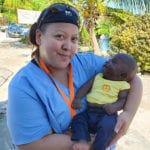

Also, our first responders medical team also provided community health classes to further the patient’s knowledge and education on health matters related to their personal health needs. During IMR’s critical work, we also provided 20 health education classes including hygiene, solar water disinfection, grieving, sanitation, and others. Over 9,732 people participated in these education classes. Educating communities allow for locals to become more empowered by their own health, as well as for the health of other community members. This model allows for both teaching and learning from both the provider and the patient to grow the health capacities of communities to help influence a better tomorrow. This education philosophy increases IMR’s goal of Sustainable Community Health Education.
International Medical Relief continues to hold mission trips in Guatemala to help provide sustainable healthcare to these vulnerable communities as they continue to recover for the aftermath of this devastating disaster.

Join Us in Making a Difference.
Bring much-needed acute medical and dental care to a beautiful, culture-rich destination. You can join an IMR medical mission team today!

